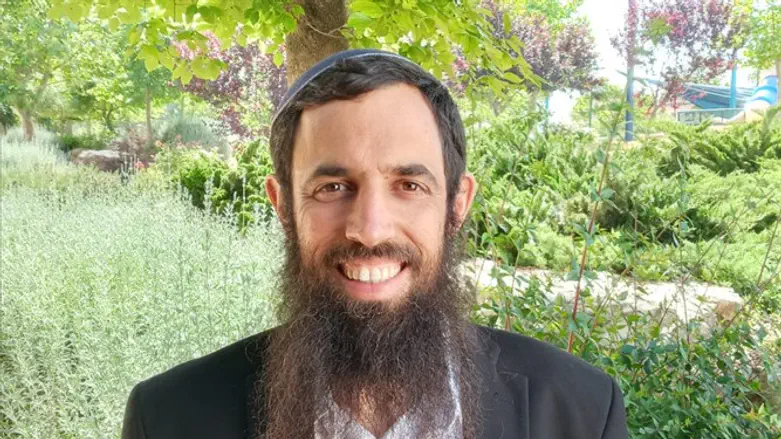
Three blessings were designated by our Sages for just this kind of heartfelt joy.
They all begin, as do all blessings, with the words: Blessed art Thou, Our Lord and King of the Universe, but have different endings:
Shehecheyanu - Who has given us life, sustained us and enabled us to reach this occasion
Hatov vehameitiv -Who is good and bestows good.
Mechaye Hametim - Who revives the dead
Shehecheyanu is said when meeting a friend one has not seen for 30 days and also for the happiness felt when hearing glad tidings
Hatov Vehameitiv is said upon hearing good tidings that affect you and others, either financially or physically.
Mechaye Hameitim is said if you see a friend whom you have not seen for an entire year.
As far as these blessings apply to Jonathan Pollard (may G-d protect and watch over him):
-The Mechaye Meitim blessing is not applicable, because we knew what his condition was and we were able to see him on American media. In this type of case, the Chida (halakhic decisor Rabbi Chaim Yosef David Azulai,1724-1807) decided that we do not say that blessing upon seeing him after a year has passed, and his decision is the accepted one.
-The Shecheyanu blessing is said even though we knew all along how he was doing.
For this reason, upon seeing him face to face, if one feels great joy, one may say the Shehecheyanu blessing emotionally, with G-d's name (shem umalkhut).
However, if you are not expecting to see him from up close in the near future, but you are overwhelmingly happy at the news that he has made aliya to Israel after being imprisoned, you are allowed to recite the Shehecheyanu blessing now, in your home, without waiting until you meet him.
Note: Do not say the Hatov Vehameitiv blessing even though this is a joyful occasion for so many of us because this blessing is meant to be recited only when there are also practicial benefits involved, such as financial gain of any kind, and not for happiness alone, no matter how heartfelt.
Rabbi Baruch Efrati studied at Merkaz HaRav yeshiva in Jerusalem and serves as a rabbi in Efrat. He is a prolific and much-read writer on Torah issues and heads the "Derech Emunah" (Way of Torah) movement of young Israeli Orthodox rabbis.
Translated by Rochel Sylvetsky
